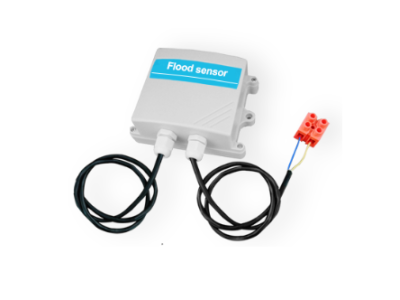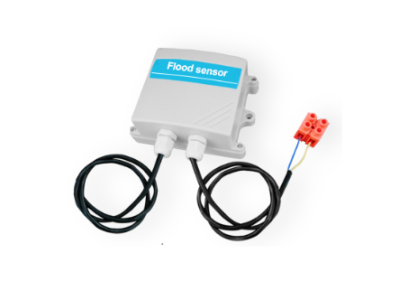Water is a critical component in many industrial processes, from cooling systems to manufacturing operations. Ensuring that the water used is of high quality is vital to protecting equipment, maintaining product integrity, and meeting regulatory requirements. Accurate water quality monitoring plays an essential role in enhancing industrial processes by enabling operators to detect issues before they turn into major problems, optimize processes, and reduce overall operating costs.

There are several factors that impact water quality in industrial settings, including chemical and biological contaminants, temperature, pH levels, and sedimentation. Regularly monitoring these parameters can help operators identify trends and take corrective action before problems arise. Additionally, monitoring systems can provide alerts in real-time, notifying operators and maintenance teams about potential issues or deviations from the norm.
One area where water quality monitoring can have a significant impact is in the energy industry. Power plants require large amounts of water for cooling equipment and to generate steam, and the quality of this water can impact the efficiency and lifespan of machinery. By integrating water quality monitoring into power plant processes, operators can ensure that water is being used effectively and efficiently, maximizing production while minimizing the risk of equipment failure.
Process industries, such as pharmaceutical and chemical manufacturing, also benefit from accurate water quality monitoring. In the pharmaceutical industry, water plays a crucial role in drug development and manufacturing. By ensuring that the water used is of high quality, operators can guarantee that their products meet regulatory requirements and are safe for human consumption. Similarly, the chemical manufacturing industry relies on water in many processes, from cleaning to mixing solutions. By monitoring water quality, operators can detect contaminants and take corrective action before there is damage to equipment or human health risks arise.
Another industry where water quality monitoring is essential is food and beverage production. The quality of water used in products like soft drinks, beer, and bottled water directly impacts the taste and consistency of the final product. Consistent monitoring of parameters such as pH levels, turbidity, and temperature is essential to ensuring consistency in production and meeting quality standards.
Water quality monitoring systems have also found application in the mining industry. Mining operations often generate wastewater that can contain high levels of contaminants such as heavy metals and minerals, which can be harmful to the environment if not properly treated. By monitoring water quality, operators can ensure that wastewater treatment processes are effective and minimize environmental impacts.
In addition to enhancing industrial processes, accurate water quality monitoring can also help reduce operating costs. By detecting problems before they become major issues, maintenance teams can perform corrective actions proactively, minimizing downtime and reducing repair or replacement costs. Additionally, monitoring systems can provide data on water usage, enabling managers to identify opportunities to optimize processes and reduce overall operating costs.
An area where water quality monitoring has had a significant impact in recent years is in the oil and gas industry. The fracking process used to extract natural gas from shale formations requires large amounts of water. Ensuring that the water used in the process is of high quality is essential to protect equipment and casing, and manage the risks of contamination. By implementing water quality monitoring systems, fracking operators can effectively monitor water quality in real-time, optimizing the process yields and lowering operation costs.
Overall, accurate water quality monitoring is a critical component in enhancing industrial processes across many sectors. It provides direct benefits through improving equipment lifespan, maximizing productivity, and decreasing environmental impact. Operating cost savings and compliance benefits further complement these improvements. With ever-progressing technological development and innovations coming to play in different niches of the world markets, industries will need better solutions for water management challenges. Water quality monitoring systems could be the answer for obtaining more sustainable and effective ways of approaching and managing increasingly critical diminishing resource. Accurate water quality monitoring is an investment in process efficiency, product quality, human health, and environmental sustainability that no company can afford to ignore.






